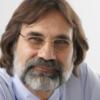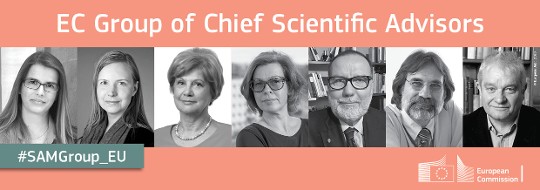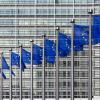
The European Commission’s Group of Chief Scientific Advisors contribute to the quality of EU legislation through the provision of independent scientific advice to the Commission.
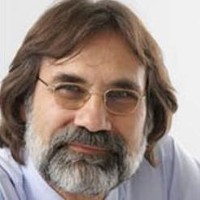 © IIASA
© IIASA
The Advisors are seven eminent scientists, appointed in their personal capacities and who advise the Members of the European Commission on issues of public interest. With their broad, collective expertise, they will support EU policy makers to ensure better regulation by providing first-class, independent scientific evidence.
In particular, they will contribute to the on-going work on the scientific opinions on:
- Biodegradability of plastics in the open environment;
- Systemic approach to energy transition in Europe
- Joint Advice on resilience to crisis such as pandemic
Nakicenovic was one of three new members appointed by EU Commissioner for Innovation, Research, Culture, Education and Youth, Mariya Gabriel, for a three-year term.
"This is a great privilege, and I look forward to the challenge of providing scientific advice to the European Commission especially now that the European Green Deal provides an ambitious vision and an operational agenda for implementing a transformation toward a sustainable future for the people and the planet without leaving anyone behind," says Nakicenovic.
With over 40 years of experience at IIASA, he is the Director of The World in 2050 (TWI2050), and former Deputy Director General and Acting Director General of IIASA and a former tenured Professor of Energy Economics at Vienna University of Technology.
News

05 June 2024
The 2024 State of CDR Report: Scaling up CO2 removal to meet Paris Targets

23 April 2024
US Permanent Representative to International Organizations in Vienna visits IIASA
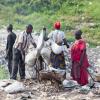
15 April 2024
